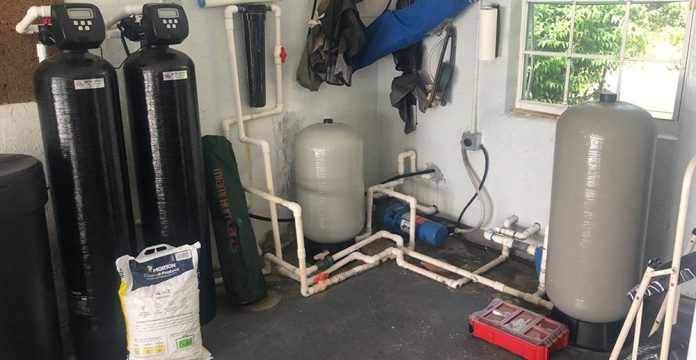Understanding Home Loan Water Quality Standards
Mortgage Lenders Requiring Well Water Testing
When applying for a mortgage in South Florida, water quality testing becomes a significant factor for properties with well water. Different types of loans have varying water quality requirements, and many mortgage lenders enforce these standards. Companies like Full Spectrum Environmental have become essential in this process, providing professional well water testing services. Common loan types that may require water well testing include:
VA Loans: The Department of Veterans Affairs mandates testing for properties with a private well to ensure it is free from contamination and complies with local health requirements.
FHA Loans: Federal Housing Administration (FHA) loans often require water quality testing, especially if the property is in a known contaminated area or if local authorities necessitate testing.
USDA Loans: The U.S. Department of Agriculture sets specific water quality standards for rural homes with private wells, focusing on the absence of specific contaminants that could affect health.
Impact of Water Quality on Loan Approval
Water quality has a direct impact on loan approval. A well that fails the quality test can lead to the denial of the loan application. Full Spectrum Environmental, as a leading water well tester in Florida, ensures that the water source in the property meets the required standards.
Well Water Testing: Key to Eligibility
Comprehensive well water testing is crucial for loan eligibility. Professionals at Full Spectrum Environmental conduct the testing, covering a range of potential contaminants. These tests not only ensure compliance with water quality standards but also provide essential information about the well’s performance and its ability to provide a consistent, clean water supply.
Other Water Well Contaminants in South Florida
South Florida’s unique geography and industrial activities can cause specific well water contaminants:
Arsenic: Natural occurrence or from agricultural and industrial practices.
Nitrate: Often from septic systems and agricultural fertilizers.
Lead and Copper: Possibly from corroded plumbing systems.
VOCs (Volatile Organic Compounds): Resulting from industrial discharges, urban runoff, or fuel leaks.
Agricultural Runoff: Chemicals, fertilizers, and pesticides used in farming can make their way into the water supply.
Microbial Contaminants: Originating from human or animal waste.
Addressing Contaminants for Approval
Mitigation strategies are necessary for the presence of these contaminants to ensure the well water meets federal and state standards, allowing for loan approval. Approaches may include:
Treatment Systems: Various filtration and purification systems can remove or reduce the level of contaminants.
Regular Maintenance: Ongoing monitoring and maintenance of the well system can prevent contamination.
Professional Consultation: Working with water quality professionals like Full Spectrum Environmental ensures compliance with local regulations and the implementation of the best solutions tailored to the property’s specific needs.
Conclusion
Ensuring the safety and quality of well water is a vital consideration in the mortgage approval process in South Florida. From understanding different loan requirements to addressing specific regional contaminants, potential homeowners must be proactive in complying with water quality standards. Collaboration with water quality experts such as Full Spectrum Environmental and adherence to regulations can lead to a seamless home buying process and a safe and healthy living environment.



 Bitcoin
Bitcoin  Ethereum
Ethereum  XRP
XRP  Tether
Tether  Solana
Solana  USDC
USDC  TRON
TRON  Lido Staked Ether
Lido Staked Ether  Cardano
Cardano  Avalanche
Avalanche  Toncoin
Toncoin